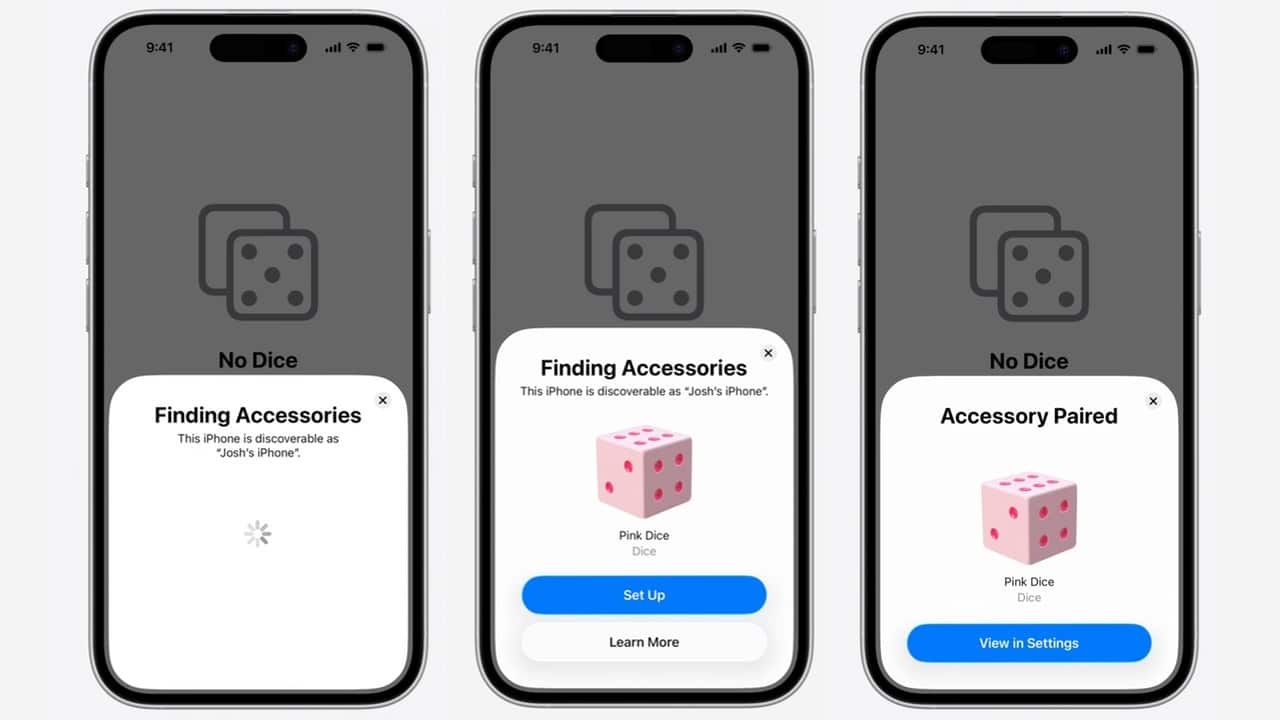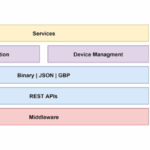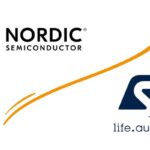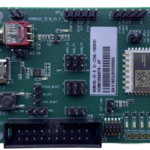Matter 1.4.2 is a maintenance release that improves security, streamlines certification, and optimizes infrastructure operation. This article presents only highlights.
In addition to improving certain areas of performance, it adds more new features than most maintenance releases. And, like most maintenance releases, it addresses issues found in previous versions and fine-tunes operations to improve reliability, performance, and security.
Matter 1.4.2 introduces support for Wi-Fi-only commissioning using Wi-Fi Unsynchronized Service Discovery (USD), sometimes referred to as Wi-Fi Aware, without requiring Bluetooth Low Energy (BLE) radios. USD allows devices to communicate directly with each other without needing a connection to the home Wi-Fi router or an access point.
The data capacity of a USD beacon is sufficient to eliminate the need for a Bluetooth connection. Of course, all participating devices must support USD, which is already true for newer Wi-Fi chips and drivers.
USD is increasingly available. Android OS and products with Wi-Fi Direct had USD capability added earlier. More recently, Apple introduced Wi-Fi Aware with iOS 26 that will be supported from the iPhone 12 onward (Figure 1).

More changes
Scene management has been improved. Activation of scenes is faster and smoother. Scenes are more standardized and certifiable and can be reliably and consistently invoked across different devices and platforms.
With a single command, users can control multiple devices, enabling scenes for activities like bedtime or morning routines, and game nights. Support for time-based scene actions like gradual changes in lighting levels has been added.
Specific functions have been enhanced. For example, users can more easily schedule the operation of water heaters. Thermostat clusters now support scheduling and preset modes like vacation and home/away settings. Matter 1.4.2 also supports motion sensing features to know whether the house is empty. Users can define EV charging preferences to control when cars are charged.
Matter devices can automatically optimize their operation to minimize energy costs and can report their energy usage. Also targeting improved energy efficiency, the quieter reporting (QR) capability has been extended to more devices and functions.
Using QR, devices report changes only when needed, reducing network traffic and extending battery life. That can be particularly important in large installations of Matter devices. In the same vein as QR, devices can more efficiently notify controllers of capability changes after commissioning. It’s no longer required to reboot or re-commission devices to take advantage of new features.
This update includes several security enhancements. The risk of impersonation attacks in multi-admin environments has been addressed using Vendor ID (VID). With VID, controllers can now verify that Admins installed on a device are from the claimed vendor.
Network access restriction lists (ARLs) are used to restrict access to sensitive settings and data only to trusted infrastructure devices like routers and access points, also called network infrastructure managers (NIMs).
In addition to VID verification and ARLs for routers and access points, Matter 1.4.2 has added Certificate Revocation Lists (CRLs) to further enhance security and protect against malicious actors.
Leveraging the DCL with CRLs
The structure of the Distributed Compliance Ledger (DCL) remains fundamentally the same, but the update introduces new features that utilize and enhance how the DCL is used. The key change is the addition of certificate revocation lists (CRLs).
CRLs allow Matter ecosystems to revoke compromised or unused device attestation certificates (DACs). That enables Matter controllers to identify potentially risky devices during commissioning, alerting users and even blocking them from accessing the network.
Each Matter device gets a unique digital identity, its DAC, during manufacturing. Until the introduction of CRLs, there was no way to revoke compromised DACs. If a device’s private key or certificate becomes compromised, the DAC can be added to the CRL. During commissioning, the Matter controller requests and verifies the DAC by referencing the CRLs in the DCL (Figure 2).

Summary
Support for USD and the ability to commission devices without requiring Bluetooth LE are the biggest changes in Matter 1.4.2. This update also includes everything expected in a maintenance update. It improves security and scene management and optimizes energy consumption and network performance.
References
Matter 1.4.2 brings Wi-Fi only setup and enhanced base experience, Matter Alpha
Matter 1.4.2 | Enhancing Security and Scalability for Smart Homes, Connectivity Standards Alliance
Matter 1.4.2 Improves Security, Standardization, and More…, Homkekit
Matter 1.4.2 – Update Improves Security and Convenience, matter-smarthome
Matter Security Provisioning, Silicon Labs
The Matter standard just took a major leap forward that you ideally won’t notice, Android Police
What are the important improvements in Matter 1.4.2?, Apple Must
What the Matter 1.4.2 update means for smart home security, Help Net Security
What’s new in Matter 1.4.2: From scenes to security and beyond, Resillion
EE World related content
What’s a distributed compliance ledger and how is one integrated into Matter?
Matter software libraries now available on xG24 kit and development board
How to integrate theft-prevention tracking capabilities in IoT devices
How to select and place antennas in IoT devices
How Amazon Sidewalk differs from Wi-Fi, cellular, and LoRaWAN networks





Leave a Reply